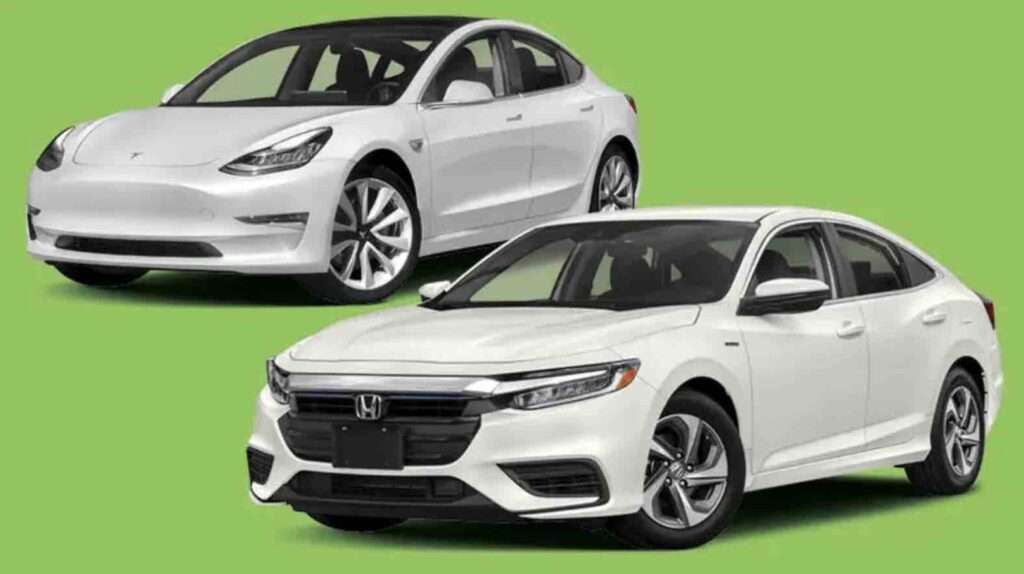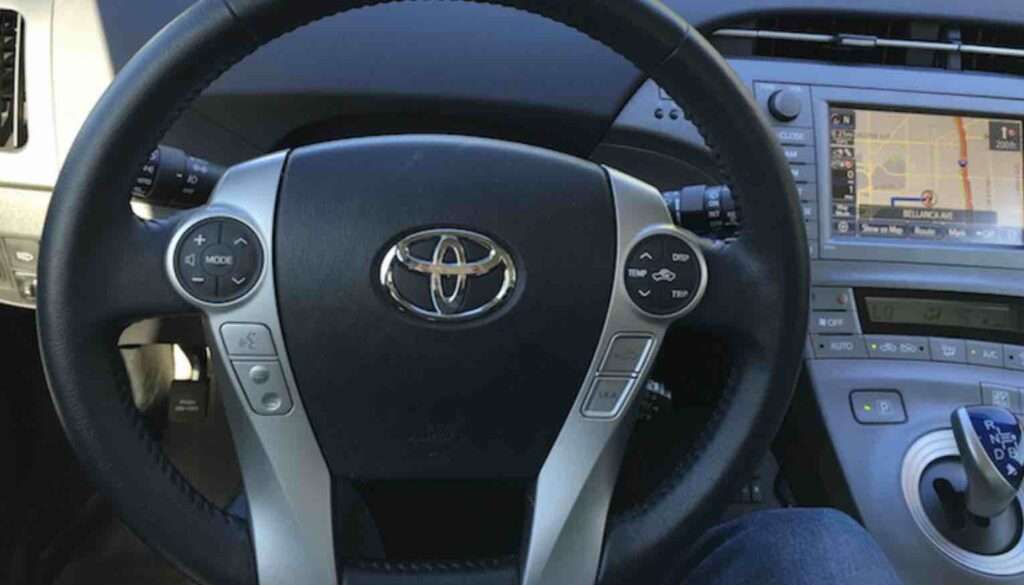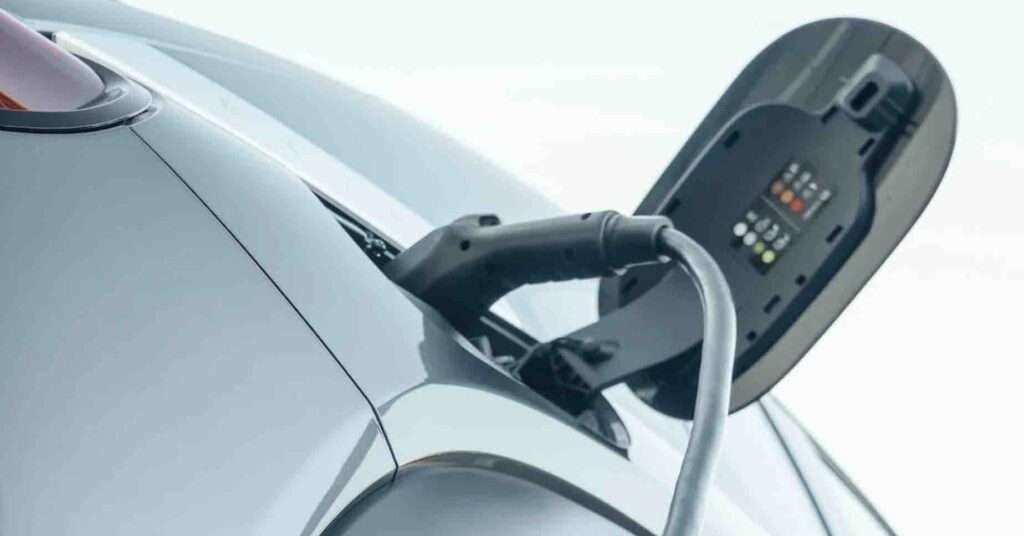Last updated on July 1st, 2023 at 06:33 am
If you have a question, “ should I warm up my car in the summer?” this post is for you.
In this article, we are going discuss the pros and cons of warming up your car, how long when warming up car engine before driving, how to warm up your car, and lastly, how to warm up your car without turning it on.
Warming up your car in the summer may seem like a good idea, but it can do more harm than good. The engine is designed to operate at a certain temperature, and warming it up before driving can strain the engine unnecessarily.

So, what’s the best way to start your car in the summer? Just turn it on and go! The engine will warm up quickly once you start driving.
And if you’re worried about damaging your engine, consider investing in an engine block heater. This device warms up the engine before you even start the car, so there’s no need to worry about putting extra strain on it when starting from a cold position.
Also, warming up your car in the summer can make your AC less effective. That’s because when you turn on your AC while your car is still idling, all of that cold air just escapes out of the engine instead of cooling down the cabin. So if you want to stay cool this summer (and avoid damaging your car), just skip the warm-up and head straight for a drive!
Is warming up the car in the morning necessary?
Most people believe that warming up their car in the morning is necessary to prevent engine damage. However, modern engines are designed to operate without needing a warm-up period. So, unless you’re driving an older vehicle, there’s no need to waste time and fuel by idling your car before setting off on your journey.
Pros and cons of warming up your car
There are both pros and cons to warming up your car. On the pro side, warming your car helps ensure the engine is functioning properly. It also helps prevent wear and tear on the engine by lubricating all of the moving parts.
On the other hand, warming up your car can increase emissions of harmful pollutants such as carbon monoxide and hydrocarbons. Moreover, idling for long periods can waste fuel unnecessarily since most engines today warm up just as quickly when driven at low speeds as they do when left idling.
Nonetheless, whether to warm up your car depends on personal preference and driving habits, but there are certainly benefits and drawbacks.
Benefits of warming up your car
Warming up your car helps lubricate the engine parts. When you start a cold engine, the oil is thick and does not flow as easily. This can cause wear on the engine parts until they are warmed up and running smoothly.
Warming up your car also allows all of the fluids in your vehicle to reach their optimal operating temperature sooner. This includes things like transmission fluid, power steering fluid, and antifreeze or coolant.
In addition to prolonging your vehicle’s life, warming your car can also improve its performance. A cold engine runs less efficiently than a warm one due to lower combustion temperatures. This means that warming your car can save you fuel in the long run by ensuring that each drop of gasoline is used more effectively.
The cons of warming up your car
Warming up your car before driving is something that many people do without thinking twice. However, some potential drawbacks to this practice are worth considering.
For one thing, warming up your car can damage the engine. When idle the engine for a long period can cause buildup and deposits to form on critical components. This can lead to increased wear and tear over time and eventually lead to serious problems or even failure.
Furthermore, idling your car emits pollutants into the air, including carbon dioxide and other greenhouse gases contributing to climate change. So if you’re concerned about the environment, warming up your car isn’t doing any favors.
Finally, letting your car warm up before driving also wastes fuel, which costs you money and further contributes to pollution and climate change.

Should I warm up my car in the summer?
There are a few things to consider when deciding whether or not to warm up your car in the summer. First, how long will you be driving? If you’re only going on a short trip, it’s probably unnecessary to waste gas by idling your car.
Secondly, what is the temperature outside? If it’s already hot outside, your car won’t need as much time to reach operating temperature. Finally, are you comfortable with sitting in a hot car while it warms up?
If not, then it might be worth starting your journey a little earlier so that you can enjoy the air conditioning while your engine gets up to temperature.
Also, idling your car for extended periods can strain the battery and other components unnecessarily. So, skip the warm-up and get on your way unless you’re driving in cold weather or going on a long trip.
Should I warm up my car before driving?
Most car users accept it as true that you should warm up your car before driving, especially on cold days. Warming your car up is to bring the engine up to operating temperature as quickly as possible.
Cold weather makes oil thicker and less able to lubricate moving parts in the engine, so it’s important to get the engine warmed up as soon as possible.
Warming up also allows the catalytic converter, which reduces emissions, to reach its optimal operating temperature faster.
How long to warm up the car before driving
Experts say you should take a few extra minutes to properly warm up your car before driving in winter weather. And no, we’re not talking about sitting in your driveway with the engine running for 20 minutes (although that’s not a bad idea either).
Warming up the car engine before driving
Warming up your car’s engine before driving is important for some reasons. Primarily, it helps prolong the life of your engine by preventing wear and tear. Also, it improves gas mileage by allowing the engine to run more efficiently.
Finally, it makes driving in cold weather easier and safer by ensuring that all parts of the car are working properly.
There are a few different ways to warm up your car’s engine before driving. The most common method is to simply let the car idle for a few minutes before taking off. This allows the oil to circulate and prevents condensation from forming on metal surfaces inside the engine.
Some newer cars have an automatic start feature that will warm up the engine for you without having to sit in a cold car waiting for it to heat up manually.
Another option is to use a block heater, which plugs into an outlet and warms up the engine overnight or during periods of extended idling.
Whichever method you choose, be sure not to drive too fast or too hard until the entire vehicle has warmed up completely; otherwise, you risk damaging your engine or tires. “””
How long should I warm up my car in the morning?
There is no conclusive answer to how long you should warm up your car in the morning. Some people believe that it is necessary to warm up your car for a few at least 20 minutes) before driving, while others say that it is not necessary. There are pros and cons to both sides of the argument.
Those who believe you should warm up your car before driving argue that it helps improve the engine’s efficiency and prevents wear and tear on the engine components.
They also claim that heating the car’s interior makes the driver more comfortable. Warming up your car on cold mornings, they say, will help defrost your windshield, giving you better visibility while driving.
Those who believe you don’t need to warm up your car argue that modern cars are designed to start and run properly without needing a lengthy warm-up period. They contend that warming up your car causes unnecessary wear and tear on the engine because idling uses more fuel than starting and stopping regularly during short trips.
What happens if you don’t warm up your car before driving?
If you don’t warm up your car before driving, the oil in the engine will be cold and thick, making it difficult for the engine to turn over. You may also find that your car doesn’t accelerate as quickly as it normally does. In extremely cold weather, failing to warm up your car can result in a loss of power steering and brakes.
How to warm up your car
Start by clearing any snow or ice off your car. This will help improve airflow and prevent potential damage to your car’s paint job.
Once you’ve cleared the snow, turn on your engine and let it idle for a few minutes. This will give the engine time to warm up gradually, which is better for its long-term health than revving it immediately.
While the engine is warming up, use this time to defrost any frosty windows with either the heater or defroster setting on your climate control system. These simple steps will help you get safely on the road in no time! Is the way to warm up your car without turning it on well; see below. And quickly warm up your car, you can drive it.
Is a way on how to warm up your car without turning it on?
The simple answer is no. Currently, there is no known way to warm up a car without turning on the car engine.
It’s a good idea for winter to allow the car to run for approximately one minute when temperatures drop. Most drivers leave the car the engine idle for about 20 to 30 minutes or sometimes longer to have the cabin and fundamental components warm, but the fastest way to warm up an engine is by driving. Keep the engine running for a few minutes until the temperature gauge stops reading cold.
Comfort-wise, if you drive your car for a few minutes, it will warm up faster than if you idle for 15 to 20 minutes. Extended idle is a waste of gas.
Conclusion
When you idle the engine for a long time can cause excessive wear and tear. Moreover, idling uses more fuel than simply starting the car and driving off immediately would a long time, it can cause excessive wear and tear. So if you’re trying to save money on gas, warming up your car isn’t the way to do it.
If you decide to warm up your car before driving, there are a few things you should keep in mind. Don’t let it idle for too long. Don’t rev the engine too high; this can damage the engine.I hope I was able to answer your question, “should i warm up my car in the summer” to your satisfaction. We have talked about the benefits of warming up your car and the cons of warming up your car under the sub-section pros and cons of warming up your car. We also discussed what happens if you don’t warm up your car before driving and how long to warm up car before driving. If you find the post to be helpful, please share and you can also bookmark the page for future reference.
Read also:

Uchenna is a Radiographer and Auto parts mechanic who recently got his automotive diploma as an auto repair technician, and since then, has worked on fixing various car problems.
Working as just a radiographer, Uchenna didn’t just get all the fulfillment he desired, because he truly loved doing things tilted toward cars. As a kid, he would take apart his toy cars to see how they worked and would spend hours tinkering with his bike.
So, in 2017 he made the tough decision to become an auto mechanic. He threw himself into his studies and now loves every aspect of what he does.
He gets to work with his hands, solving problems and bringing cars back to life, and sharing his knowledge and easy quick-fix guide online are all part of what makes him feel fulfilled.



